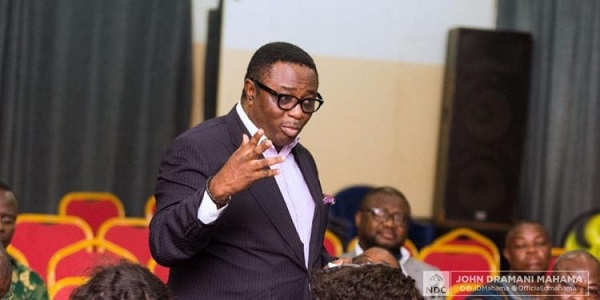Nigeria's Public Debt Could Surge to N800,000 Per Citizen Amid New $21.5 Billion Borrowing Request
Nigeria faces a significant rise in public debt if the Senate approves President Bola Tinubu’s request for $21.5 billion in external borrowing, along with additional loans in Japanese Yen and a €65 million grant. This borrowing is part of the government’s 2024–2026 Medium-Term External Borrowing Plan and, if activated, would raise Nigeria’s total debt from N144.25 trillion in early 2025 to an estimated N178.57 trillion. With a population of about 220 million, this increase would translate to nearly N800,000 debt per citizen, highlighting the personal economic burden of national borrowing.
President Tinubu emphasized that the new funds would target critical infrastructure sectors such as rail, healthcare, and power. He justified the loans as necessary following the removal of fuel subsidies, aimed at boosting job creation, poverty reduction, and food security across Nigeria’s 36 states and the Federal Capital Territory. The borrowing plan is framed as part of a long-term economic strategy to support development despite recent economic challenges.
However, analysts and economic observers express concern over Nigeria’s rising debt levels amid declining oil revenues and the lack of a clear fiscal contingency plan. Officials have struggled to provide detailed strategies to mitigate risks posed by a slump in oil prices, which threatens the government’s ambitious N54 trillion budget for 2025. Additionally, external pressures, such as recent U.S. tariffs on Nigerian exports, add uncertainty to the nation’s non-oil sector growth.
The President’s Economic Management Team recently convened to address these challenges, focusing on trade policy alignment, investor confidence, and diplomatic efforts to ease tensions with the United States. Measures such as export diversification and regulatory reforms are being prioritized, but the broader economic environment remains fragile. Meanwhile, Nigeria continues to service its existing debt, including annual charges on repaid IMF loans, which places additional strain on federal revenues.
With the Senate preparing to debate the borrowing proposal, civil society and economists are calling for greater transparency and accountability in how borrowed funds are used. While borrowing can finance crucial infrastructure and social programs, stakeholders warn it must be linked to measurable development outcomes to avoid deepening fiscal vulnerabilities. If approved, the loan will mark a symbolic but sobering milestone in Nigeria’s debt history, underscoring the urgent need for economic reforms.










